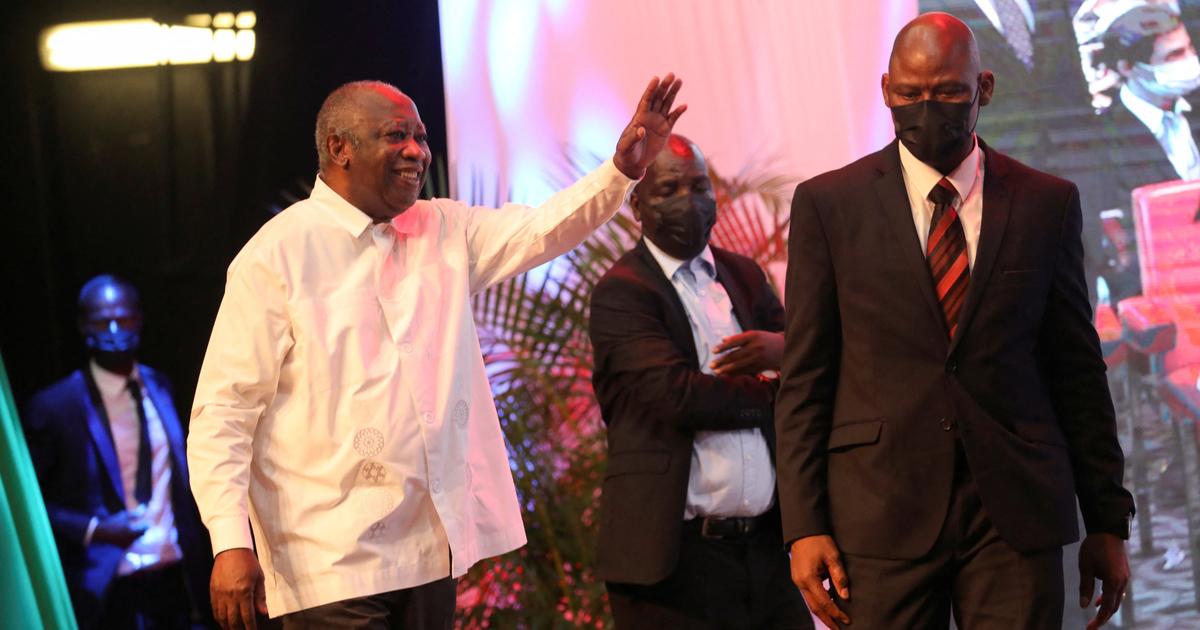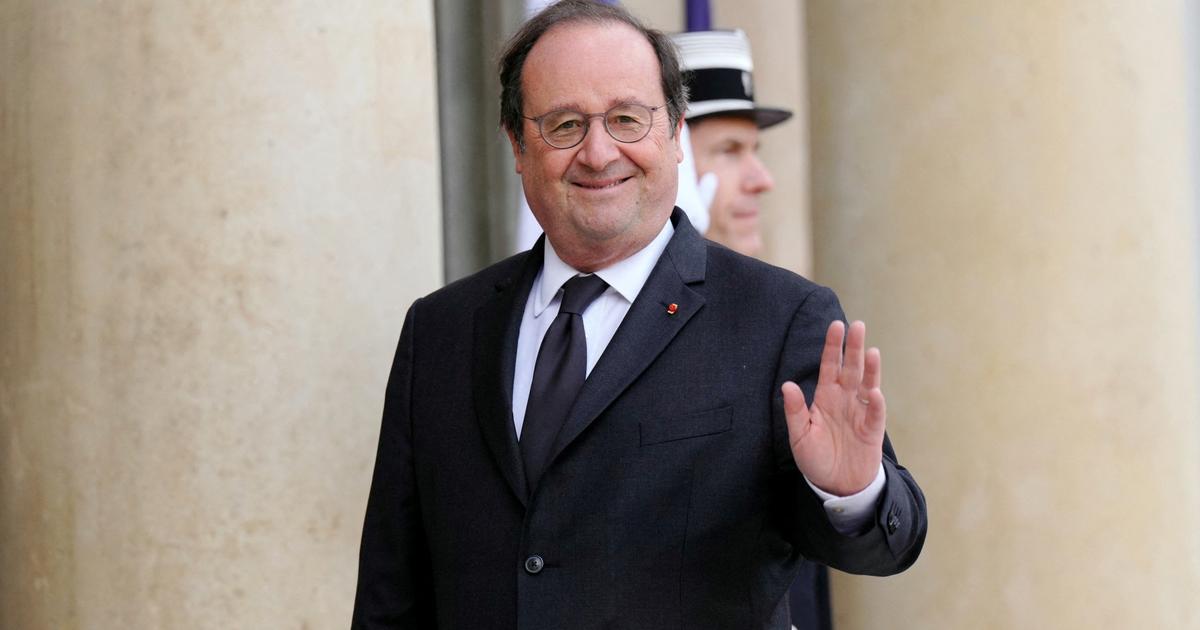Enlarge image
Silvio Berlusconi: He had his decision read out at the party meeting
Photo: Roberto Monaldo / dpa
Silvio Berlusconi has given up his candidacy for the presidency of Italy.
The former prime minister announced at a virtual top-level meeting of centre-right parties that he was withdrawing from the race for the highest political position.
The party leader of Forza Italia was not even present at the video switch and had his decision read out, it said.
The 85-year-old politician had recently tried hard to win enough voters for the votes that begin on Monday.
Now the four-time head of government, who, in addition to his political appearance, has made a name for himself through scandals and criminal proceedings, is now demanding a joint proposal for a candidate from the right-wing parties Forza Italia, Lega and Fratelli d'Italia.
Lega boss Matteo Salvini said the centre-right now has "the honor and responsibility to make its proposals".
Most recently, Prime Minister Mario Draghi was the favorite for the election – but Berlusconi is urging Draghi to remain in his current position.
Other party leaders are also against changing the former head of the ECB, which could result in early new elections.
Italy begins electing a new president on January 24.
President Sergio Mattarella will resign on February 3, when his seven-year term ends.
ime/Reuters/dpa







